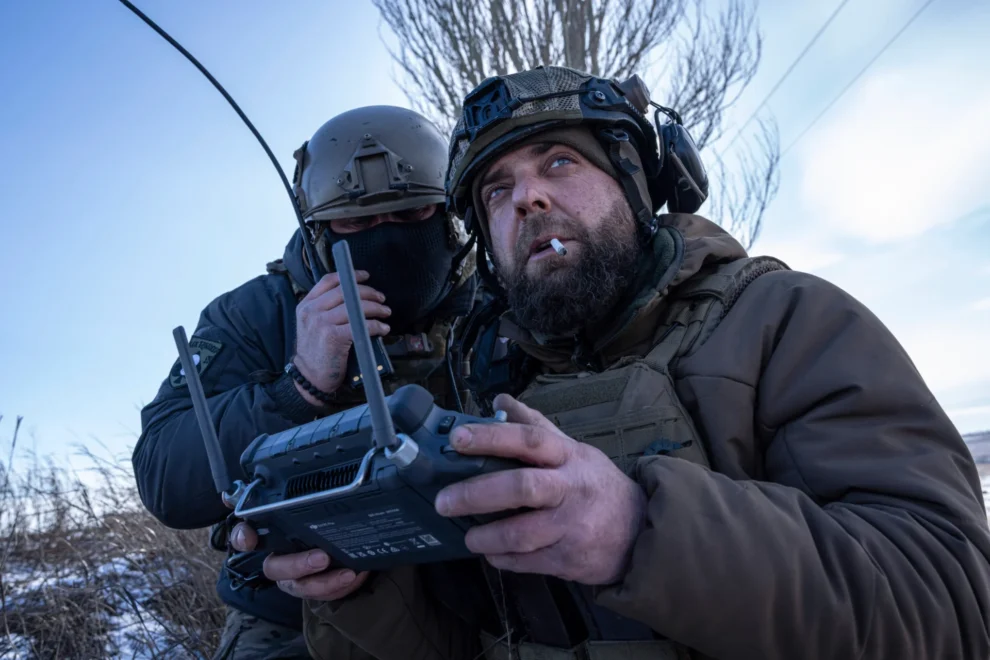Ukraine included cluster bombs in its request for U.S. assistance to be dropped by drones on Russian forces.
This is reported by Reuters, citing members of the House of Representatives Jason Crowe and Adam Smith, who are members of the committee on the armed forces.
According to them, Ukraine is asking for an MK-20 cluster bomb to drop selected explosives from drones. This request was in addition to a preliminary request for 155 mm artillery cluster rounds.
Congressmen said Ukrainian officials urged U.S. lawmakers at last month’s Munich Security Conference to pressure the White House to approve the shipment of cluster munitions, which are banned in more than 120 countries (but not the U.S.) because of the potential threat to civilians and indiscriminate defeat.
It is not yet certain that the administration of US President Joe Biden will agree to this, since cluster munitions can indiscriminately kill over a wide area.
The Armed Forces of Ukraine are considering cluster munitions as a way to stop the Russian “meat waves” tactics that the occupiers use during assaults.
The MK-20 bomb is typically dropped from aircraft, opening mid-flight and releasing over 240 dart-like submunitions. There are more than a million such bombs in warehouses in the United States.
As Adam Smith said, the Ukrainian military considers MK-20 ammunition to be more armor-piercing than the available drone-dropped rounds.
Jason Crowe expressed his willingness to support the transfer of such aerial bombs, but on the condition that our fighters disassemble the MK-20 into smaller elements and do not use one-piece cluster munitions.
According to Reuters, although in the cases of HIMARS systems, Abrams tanks or Patriot air defense systems, Ukraine still received the desired cluster munitions, this may be too much for the Biden administration and some members of Congress.
Source: Delo UA News










